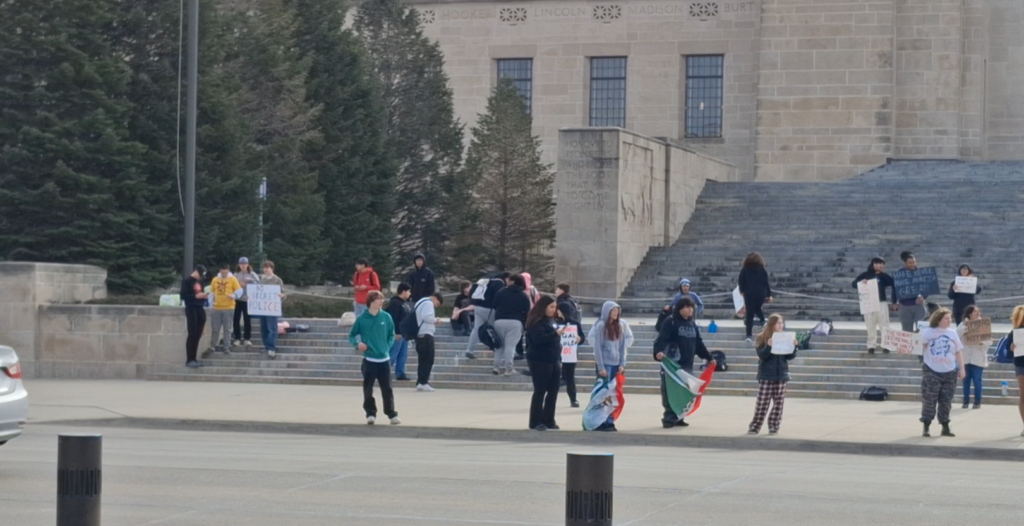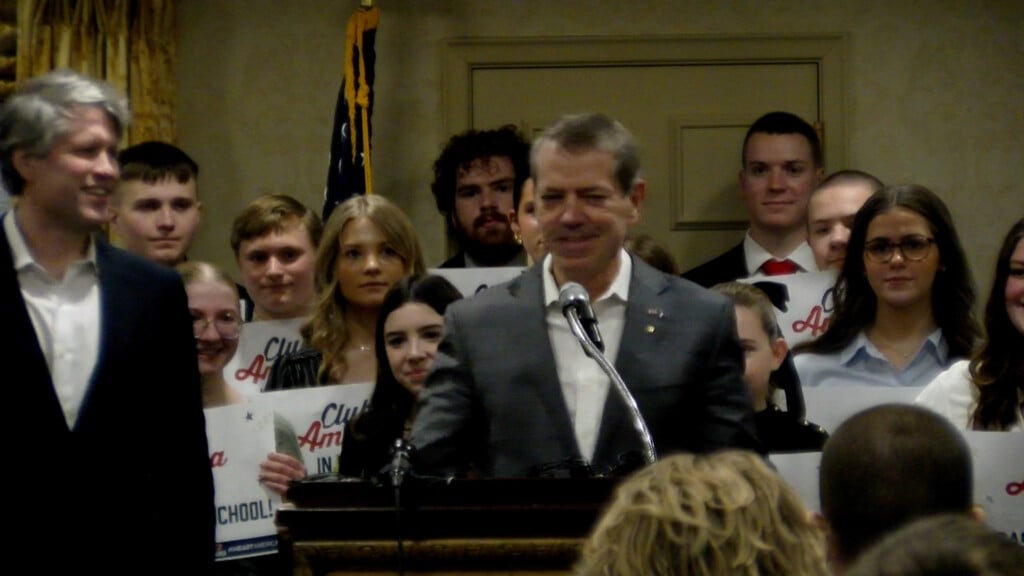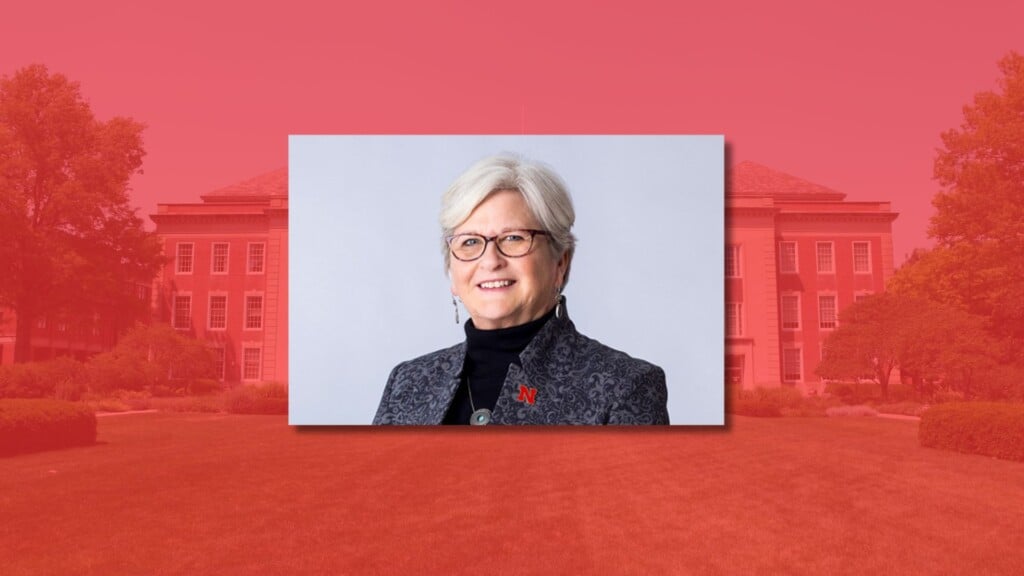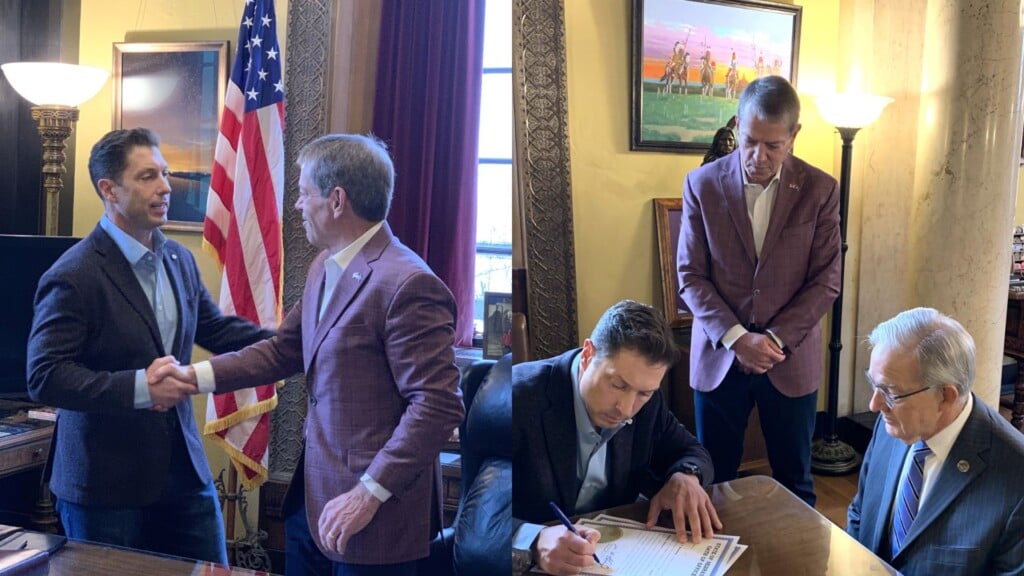DHHS: It’s time to talk to your student about drinking
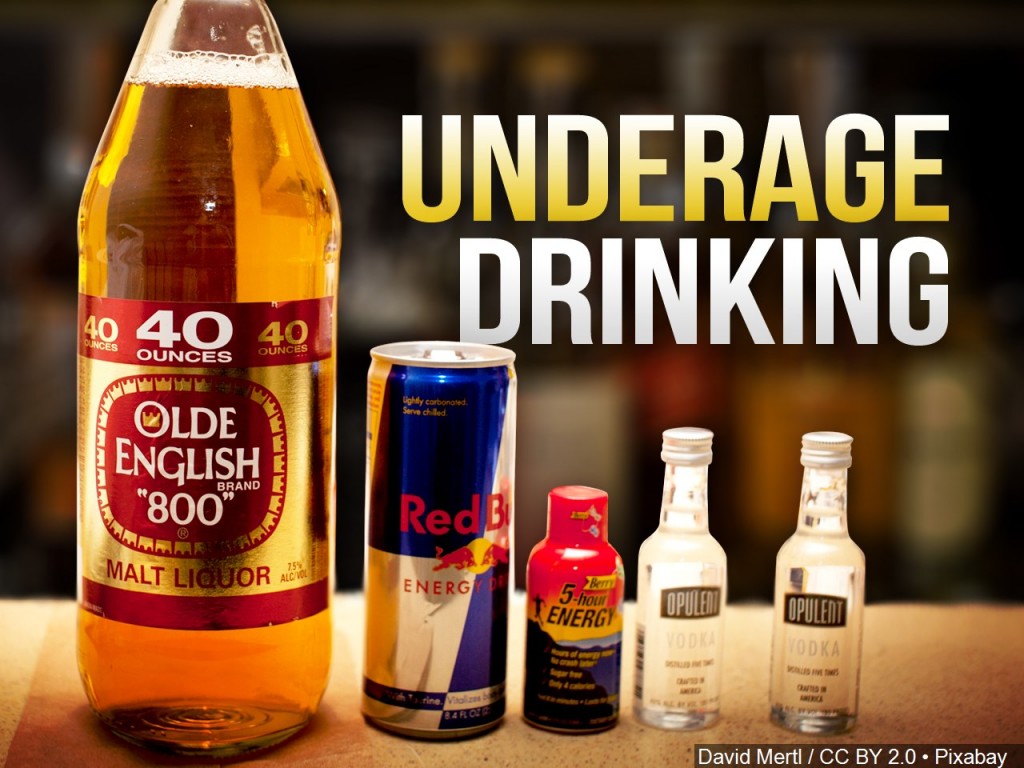
LINCOLN, Neb. (KLKN) — For many students, the availability of alcohol and new influences found in college can lead to risky decisions.
According to the National Institute on Alcohol Abuse and Alcoholism, the first six weeks of a student’s first year in college are a vulnerable time for harmful and underage drinking and alcohol-related consequences because of student expectations and social pressures.
“College-bound young adults still need and value their parents’ guidance as they make decisions,” said Sheri Dawson, director of the Division of Behavioral Health at DHHS. “Research suggests that teens whose parents talked with them about alcohol avoidance before they begin their first year of college are more likely to not use alcohol or to limit its use—and thus experience fewer alcohol-related consequences.”
The Nebraska DHHS Division of Behavioral Health is working under the SAMHSA Strategic Prevention Framework-Partnerships for Success (SPF-PFS) grant to work towards reducing underage and binge drinking through community partnerships.
“Issues surrounding underage drinking and binge drinking may look different from one community to the next,” said Lindsey Hanlon, network and prevention manager for the Division of Behavioral Health. “Our coalitions across the state do an outstanding job in utilizing the data they have to most effectively plan and implement prevention activities whether that is awareness campaigns, education materials, policy work, or environmental changes. Parents can play an integral role in reinforcing that message and those core values to their children.”
The rates of underage drinking, binge drinking, and alcohol-impaired driving continue to be higher in Nebraska than the national average. While alcohol misuse is a cause for concern among people of all ages in Nebraska, it is particularly an issue among young adults.
Want to start a discussion with your family? A here are a few tips from the DHHS:
- Look for opportunities to raise the topic naturally. Discussions about majors and course selection can lead to a conversation about the ways in which alcohol use can disrupt academic success and career options. Emphasize that any decisions about alcohol need to be made in accordance with the law and their health.
- Housing selection can generate a discussion about whether substance-free residence halls are an option. Discuss ways to handle situations where alcohol use by other students might create a problem, such as interrupted study time or unwanted sexual advances.
- As you tour the campus area, note how many alcohol outlets are in the community. Emphasize that no matter where alcohol is available, underage drinking represents a risk and a choice that has consequences. Inquire about alcohol-free spaces and sober tailgates at the school.
- Discuss reasons not to drink. Explain the risks of alcohol, and appeal to your teen’s life goals. If you have a family history of alcoholism or drinking problems, be honest. Explain that your teen might be more vulnerable to developing a drinking problem.
- Teach your college student to never leave any drink unattended—whether or not the beverage contains alcohol. And don’t accept a drink from someone you don’t know, especially if you did not see where it came from.
- Realize that your college-bound student will most likely be in a social situation where drinking is happening, and some of the people they are with could be of legal drinking age. Discuss how they should decide whether or not to refuse a drink, and talk about the various reasons to avoid alcohol and how and when to say “no.”
- Be prepared for questions. Your teen might ask if you drank alcohol when you were underage. If you chose to drink, share an example of a negative consequence of your drinking.
- Remind your student that drinking to cope with stress, to forget problems, or to try to feel comfortable in a situation that feels unsafe or threatening is never a good idea.
“Even if you don’t think your child will choose to drink or try other drugs, peer pressure is a powerful thing,” added Hanlon. “Many colleges in Nebraska are implementing social norms campaigns. Based on the assumption that inaccurate normative beliefs such as ‘everybody drinks’ lead to problem drinking behaviors among underage youth, social norms campaigns use scientific evidence (e.g., consumption data) to promote accurate, healthy norms about alcohol use.”
There is still time to start the conversation and then keep the conversation going. Need advice? Call the 24/7 Nebraska Family Helpline at (888) 866-8660.
